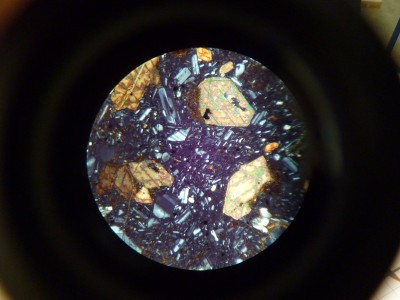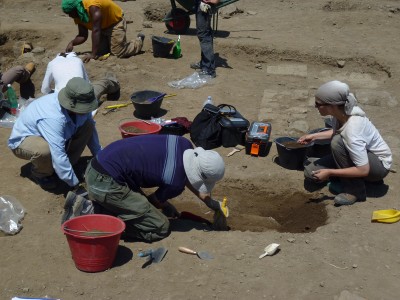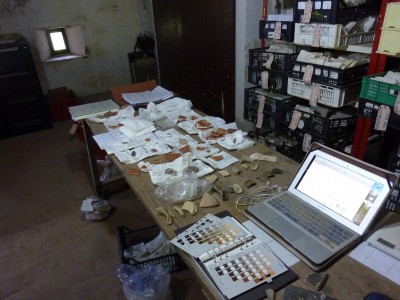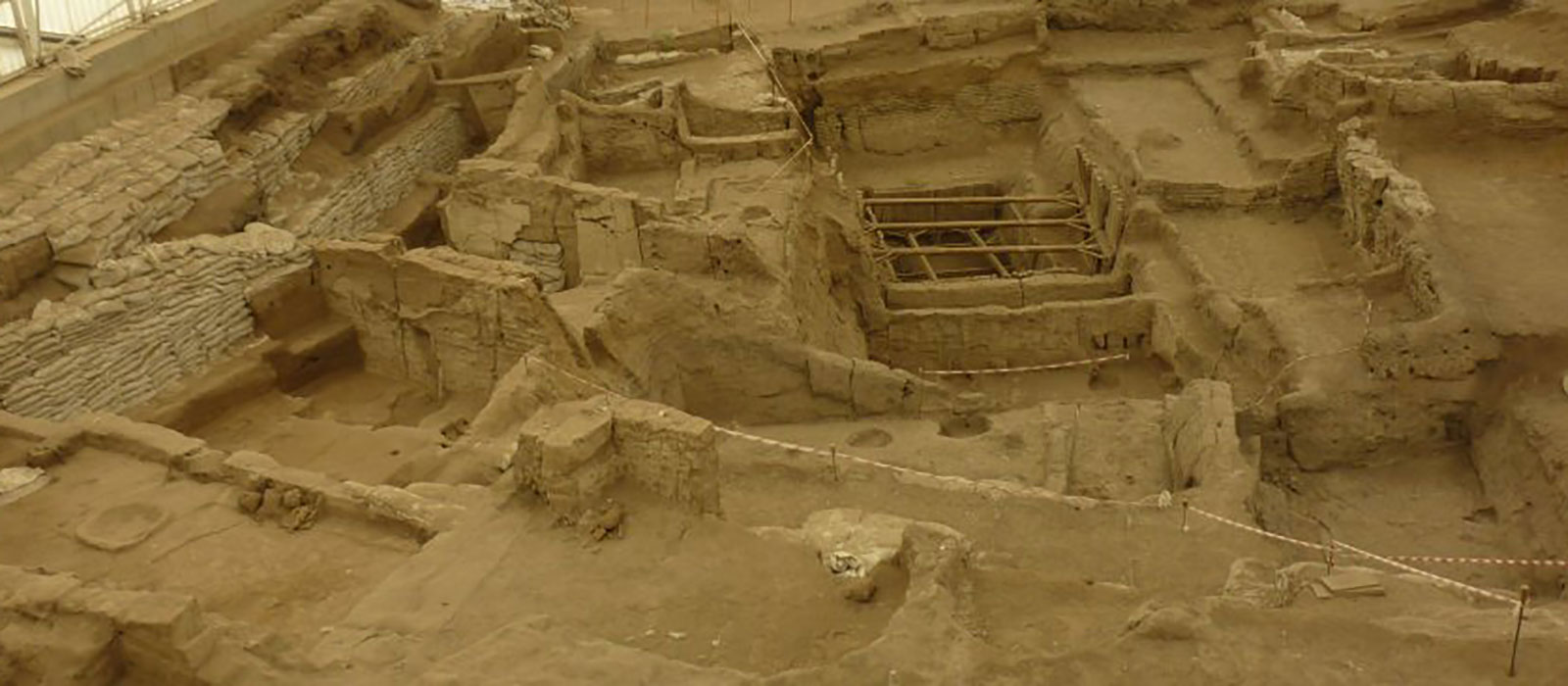Students are required to present a Minor CGPA of 4.00 or higher at graduation in order to be awarded a Minor in Archaeology.
| Requirements: | ||
| 1. 1.0 credit in: | 1.0 | |
| Introduction to Archaeology I Introduction to Archaeology II |
||
| 2. 1.0 credit in ARCY or approved electives at the 2000 level | 1.0 | |
| 3. 1.0 credit in ARCY or approved electives at the 3000 level | 1.0 | |
| 4. 1.0 credit in ARCY or approved electives at any level | 1.0 | |
| 5. The remaining requirements of the major discipline(s) and degree must be satisfied. | ||
| Total Credits | 4.0 | |
Approved Archaeology Electives
Other courses may be substituted for those specified below, when material on archaeology is central to the course. Such substitutions must be individually approved by the Greek and Roman Studies Program Coordinator.
Access to these courses is not guaranteed, and may depend on space availability and the satisfaction of other requirements such as course prerequisites.
Note: “R” designates that the course is repeatable.
Anthropology |
||
|
ANTH 1001 [0.5]
|
Introduction to Socio-Cultural Anthropology | |
|
ANTH 3580 [0.5]
|
Anthropology of Material Culture and Museums | |
Art History |
||
|
ARTH 1100 [0.5]
|
Art and Society: Prehistory to the Renaissance | |
|
ARTH 1101 [0.5]
|
Art and Society: Renaissance to the Present | |
|
ARTH 1200 [0.5]
|
History and Theory of Architecture: Prehistory to 1500 | |
|
ARTH 1201 [0.5]
|
History and Theory of Architecture: 1500 to Present | |
|
ARTH 2102 [0.5]
|
Greek Art and Archaeology | |
|
ARTH 2105 [0.5]
|
Roman Art and Archaeology | |
|
ARTH 2202 [0.5]
|
Medieval Architecture and Art | |
|
ARTH 2310 [0.5]
|
Architecture of the Early Modern World [1400-1750] | |
|
ARTH 2510 [0.5]
|
Architecture of the 18th and 19th Centuries | |
|
ARTH 3102 [0.5]
|
Studies in Greek Art | |
|
ARTH 3105 [0.5]
|
Studies in Roman Art | |
Biology |
||
|
BIOL 2001 [0.5]
|
Animals: Form and Function | |
|
BIOL 2005 [0.5]
|
Human Biology | |
Chemistry |
||
|
CHEM 1007 [0.5]
|
Chemistry of Art and Artifacts | |
Digital Humanities |
||
|
DIGH 2035 [0.5]
|
Technology, Culture and Society | |
Greek and Roman Studies |
||
| Greek Art and Archaeology | ||
| Roman Art and Archaeology | ||
| Ancient Science and Technology | ||
|
CLCV 3301 [0.5]
|
Field Work I: Greek and Roman World (R) | |
| Studies in Greek Art (R) | ||
| Studies in Roman Art (R) | ||
|
CLCV 3400 [0.5]
|
Greek and Roman Studies Abroad (R) | |
|
CLCV 4000 [0.5]
|
Field Work II: Greek and Roman World (R) | |
Earth Sciences |
||
|
ERTH 2401 [0.5]
|
Dinosaurs | |
|
ERTH 2415 [0.5]
|
Natural Disasters | |
|
ERTH 3113 [0.5]
|
Geology of Human Origins | |
Geography |
||
|
GEOG 1010 [0.5]
|
Global Environmental Systems | |
|
GEOG 2014 [0.5]
|
The Earth’s Surface | |
|
GEOG 3102 [0.5]
|
Geomorphology | |
|
GEOG 3108 [0.5]
|
Soil Properties | |
Geomatics |
||
|
GEOM 1004 [0.5]
|
Maps, Satellites and the Geospatial Revolution | |
|
GEOM 2007 [0.5]
|
Vector GIS: Points, Lines and Polygons | |
|
GEOM 3002 [0.5]
|
Introduction to Remote Sensing | |
Religion |
||
|
RELI 3732 [0.5]
|
Studies in Greek Art | |
|
RELI 3733 [0.5]
|
Studies in Roman Art | |
Sociology |
||
|
SOCI 2035 [0.5]
|
Technology, Culture and Society | |
Technology, Society, Environment Studies |
||
| Ancient Science and Technology | ||

Archaeologists study the geological composition of different artefacts to determine where they come from. This is a piece of pottery from the Aegean Sea seen with a petrographic microscope.

Undergraduate students excavate a human burial at Roman site in Italy.

Archaeologists do detailed studies of artifacts, like this assortment of Roman pottery in Tuscany
